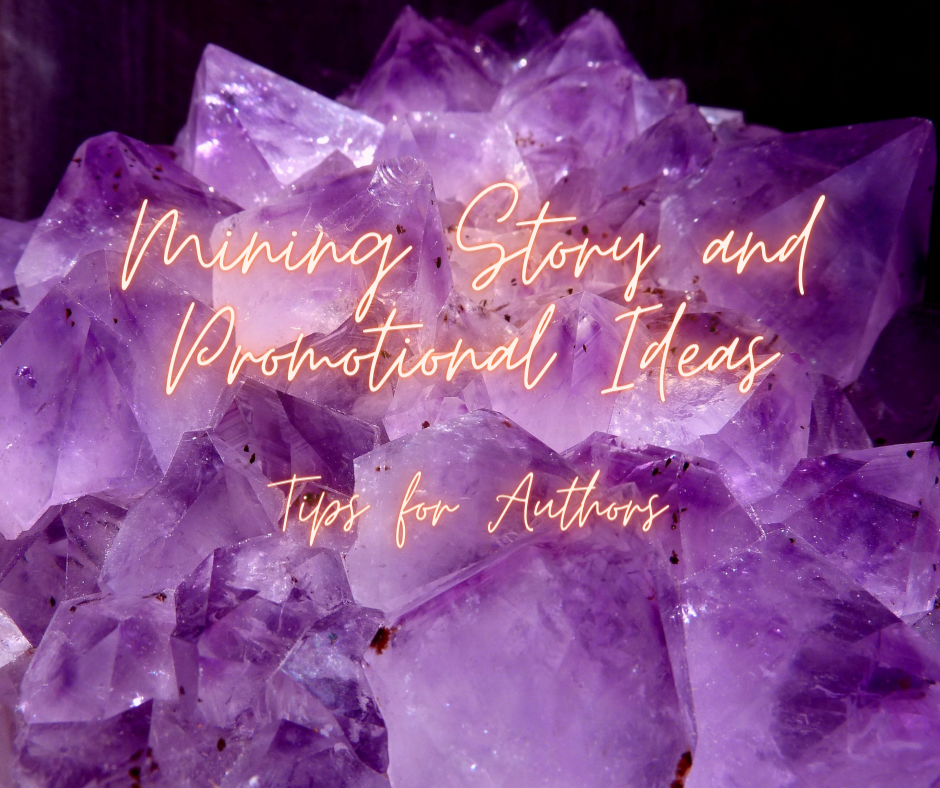Idea Banks - Time Savers for Writers
/Authors are often asked to provide ideas or proposals for programs, workshops, and panels. These are some ways authors can create idea banks or files to help you save time and stay organized.
Program Proposals
Many times libraries or other groups will ask for a workshop or program. I keep a folder on my computer with each topic. This make it easier when I have to put together a new proposal. (I file them by title and group, so I make sure I don’t repeat a topic.)
You need a catchy title. It helps when you market the event. Just make sure people can tell what the subject is from your title.
I also have a Word document that has a description of what will be covered and any key details like other speakers, what type of equipment is needed, etc.
I keep any promotional flyers, social media posts, and pictures in my file, too. That way, I can use them on my website or on the socials.
Question Banks
If you’re organizing or moderating a panel, you often need to create the questions.
I have a Word document (filed by title and group) with the questions for each event. When I finish my question draft, I rearrange them in the order that makes sense for the flow of the panel discussion.
In my Word document, I indicate which speaker the question is for or whether it’s a group question. (Not all panelists need to answer every question.)
I review the draft with the panelists and get their input.
Always have extra questions in case you have time to fill.
You can often reuse some questions at future events.
Slide Decks
I keep copies of all the classes and workshops that I teach. (These are also filed by title and group.)
It is helpful to have a starting point when you’re creating a new class, and sometimes you can reuse some of the slides, handouts, or the content.
I always brand my slides and handouts with my author logo and website.
Graphics
I’m sure you’re seeing a pattern here. I keep a folder of graphics that I’ve created for my blog, newsletter, or social media sites. I file these by subject. I use these on the original post and on the socials to market it.
Studies show that Facebook and Instagram posts that are noticed more have an eye-catching graphic or a video.
I use BookBrush to create images for my books (especially seasonal ones).
I use Canva to create images for my website, newsletter, blog, and social media sites.
Story Ideas/Names/Place Names
I was drowning in little scraps of paper and sticky notes. I jot down ideas wherever I happen to be (and on whatever paper is handy).
To get organized, I created giant idea spreadsheet. I have different workbooks for each topic, and I can sort them by any of the columns.
I attend a lot of training and workshops and put my notes of and the source in my idea spreadsheet. I also add the contact information if the subject matter expert offered to answer questions after the training.
I made a spreadsheet for my book promotions that includes bloggers, reporters, book reviewers, bookstagrammers, podcasters, librarians, bookstore contacts, and other bookish events and promotional ideas. Since I write multiple series, I have a workbook for each book in each series. When I start my launch planning, I look at what I did last time and update it with any changes or new ideas.
How do you keep yourself organized? Let me know what works for you.





















